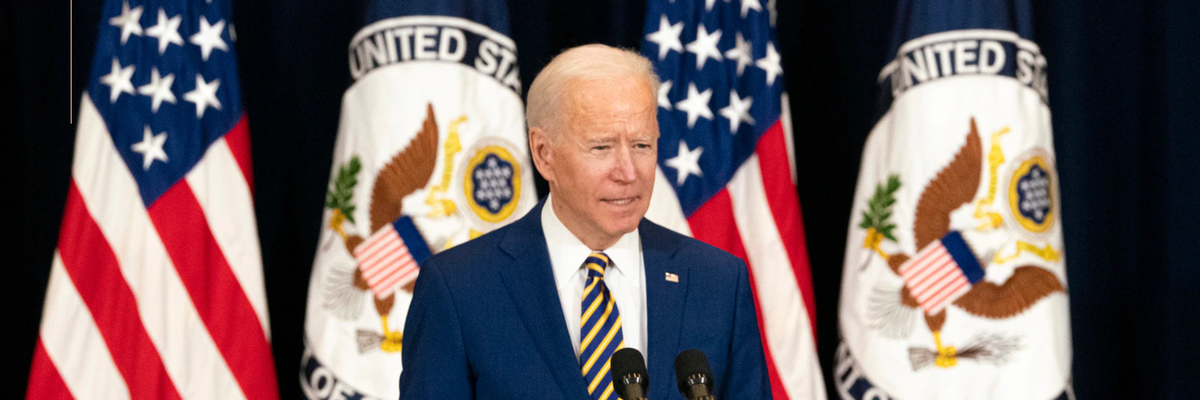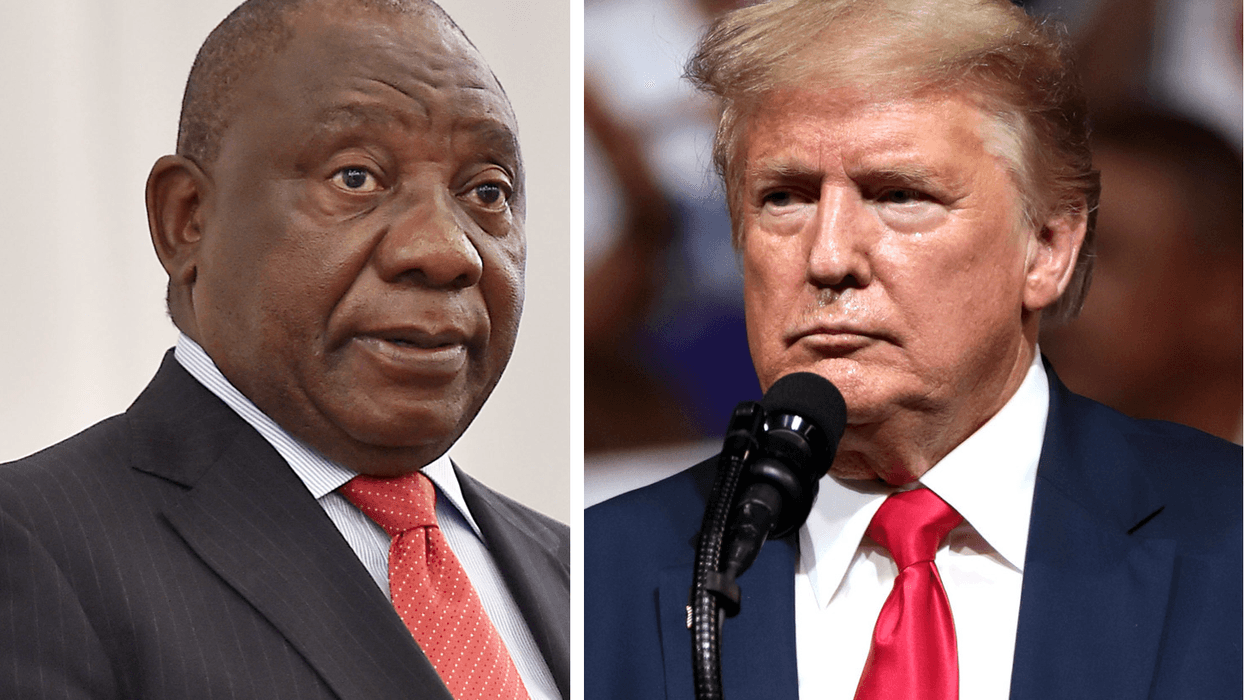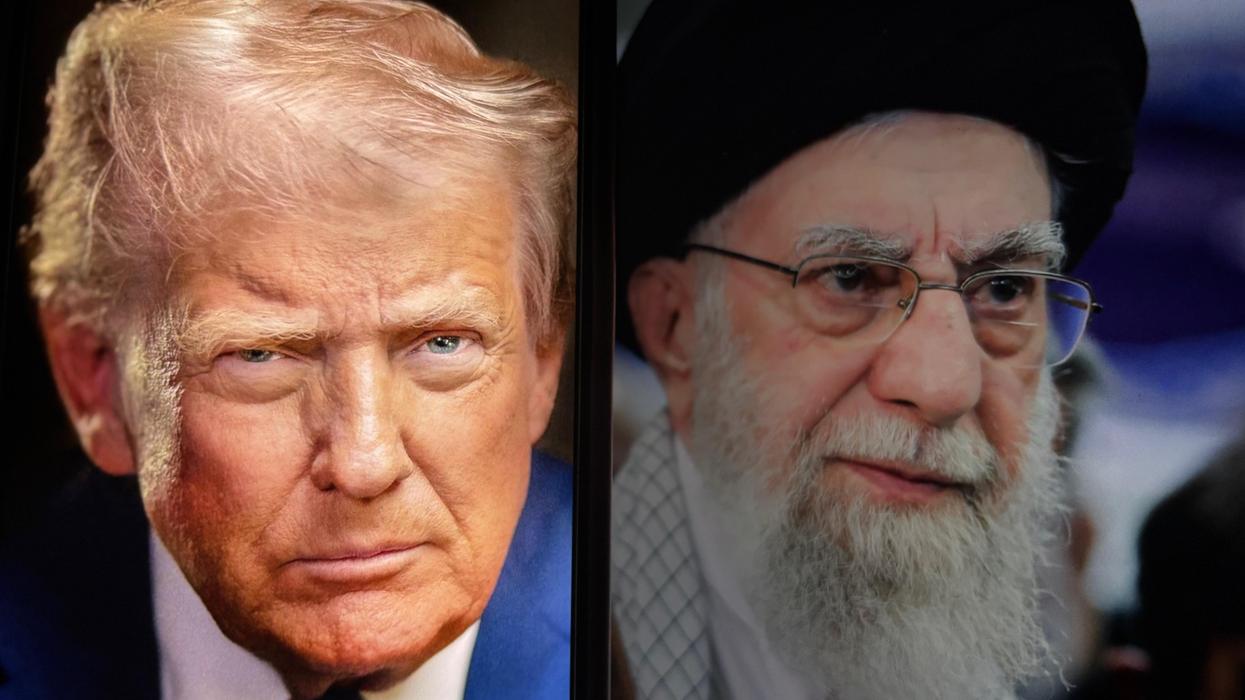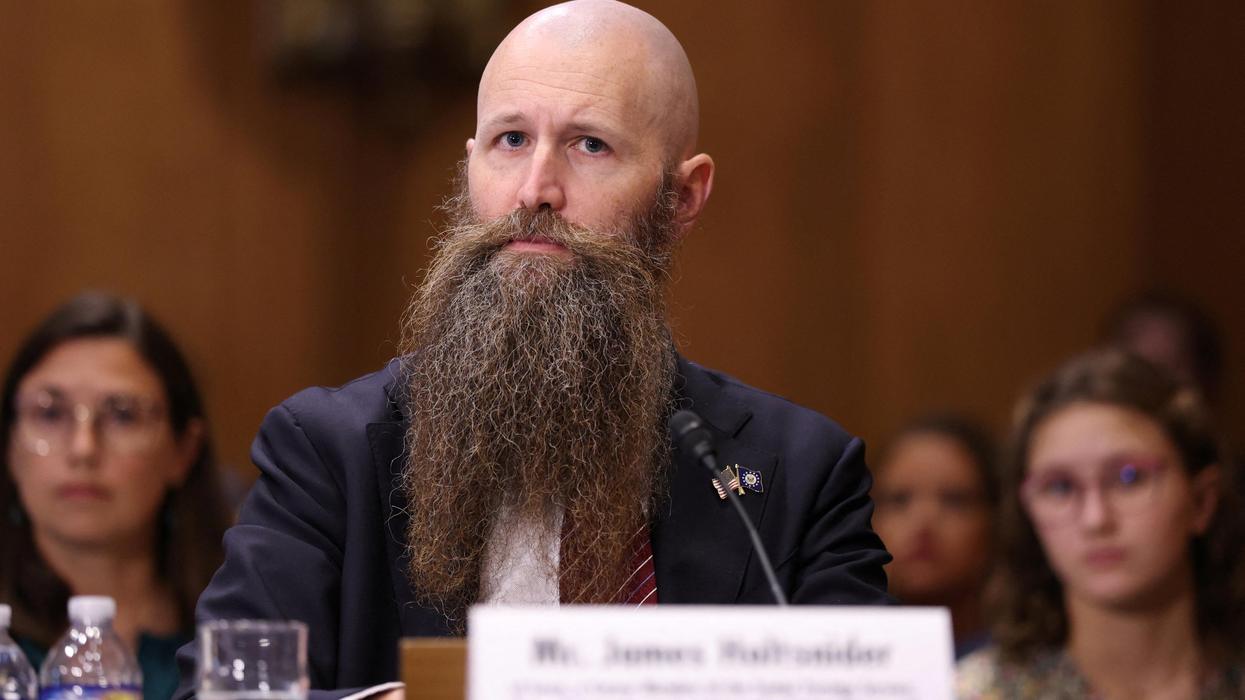For almost 80 years, the peculiar partnership between the United States and Saudi Arabia has endured through one severe strain after another. The West's most powerful secular democracy and the theocratic absolute monarchy have always deemed their strategic and economic ties sufficiently useful to put aside their differences and work together. They were able to do so because the disputes usually concerned one issue at a time, which could be resolved, managed, or simply ignored because neither side wanted an outright breach.
That was true when President Harry Truman infuriated King Abdul Aziz al-Saud with his immediate recognition of an independent Israel in 1948. It was true when Saudi Arabia joined other Arab countries to impose the oil embargo of 1973-74, and when Washington discovered in 1988 that Saudi Arabia had secretly acquired nuclear-capable missiles from China. And it was true after the terrorist hijackings of September 11, 2001, when Americans learned that 15 of the hijackers were Saudi citizens.
During the Trump administration, it seemed as if Saudi Arabia could do no wrong. Donald Trump's first overseas trip as president was to Riyadh, where he was flattered by a lavish welcome. Trump remained a steadfast supporter of Crown Prince Mohammed bin Salman, known as MbS, the kingdom's de facto ruler, despite provocations that included the murder of dissident journalist Jamal Khashoggi, the carnage inflicted on Yemen, and the arrests of prominent human rights activists on specious charges. Trump said in so many words that the value of Saudi arms purchases overrode other concerns.
Trump also gave the Saudis what they wanted most: withdrawal from the multilateral nuclear control agreement with Iran, a pact that Riyadh saw as a prelude to more cordial relations between the United States and the kingdom's most-feared rival.
Less than a month into the new Biden administration, the language and the optics of the relationship have already changed, if not most of the fundamentals.
"We’ve made clear from the beginning that we’re going to recalibrate our relationship with Saudi Arabia," White House Press Secretary Jen Psaki said this week, she said, adding, "And part of that is going back to engagement, counterpart to counterpart. The president’s counterpart is King Salman." So it appears that MbS’s special status with the White House has been eliminated.
In his foreign policy address at the State Department on February 4, President Biden said he had “spoken with the leaders of many of our closest friends — Canada, Mexico, the UK, Germany, France, NATO, Japan, South Korea, Australia” — to begin shoring up traditional U.S. alliances that he said had been undercut during the Trump years. Saudi Arabia was conspicuously absent from that list — as it had to be, given that Biden said he intended to pursue “diplomacy rooted in America’s most cherished democratic values: defending freedom, championing opportunity, upholding universal rights, respecting the rule of law, and treating every person with dignity.” The oppressive regime led by MbS could not come close to meeting those criteria.
Biden has since spoken to adversaries including Russia's Vladimir Putin and China's Xi Jinping, but there is no indication he has talked to MbS or any other Arab leader of the Gulf sheikhdoms.
Secretary of State Antony Blinken did talk to Saudi Foreign Minister Faisal bin Farhan al Saud and “outlined several key priorities of the new administration including elevating human rights issues and ending the war in Yemen,” according to State Department spokesman Ned Price. Both objectives represent distance between Biden and MbS, who has rounded up opponents and dissidents and perceived rivals at a rate unmatched by his predecessors and was the principal architect of the futile multinational war against the Houthi rebels in Yemen.
In addition to the change in tone, the new administration has taken specific steps to distance itself from MbS's policies, most notably an end to U.S. offensive military support and weapons sales for the war in Yemen, and termination of the Houthis' designation as a terrorist organization.
The Yemen conflict “has created a humanitarian and strategic catastrophe.” and “has to end,” the president said at State Department.
Saudi Arabia, which has never had many friends in Congress to which it could turn for support, appears to be feeling the heat from the White House and has made conciliatory gestures, especially on the human rights front. The regime released from prison the women's rights campaigner Loujain al-Hathloul, who had been locked up and reportedly tortured after being convicted by the kingdom's notorious terrorism court. The Saudi government also revoked the death sentences of Ali Mohammed al-Nimr and two other young Shiites who had been sentenced as teenagers. Al-Nimr's uncle, Sheikh Nimr al-Nimr, a prominent Shiite activist and dissident, was executed in 2016.
The Saudis may be uneasy about the chill emanating from Washington, but they need not fear termination of the bilateral security relationship, which the United States continues to value. Marine Gen. Kenneth F McKenzie, commander of the U.S. Central Command, told Congress last year that his force is “taking action to close, consolidate, or in some cases expand some of its air, land, and sea bases; as well as access, basing, and overflight rights with our partners. Some of these actions represent immediate, near- term adjustments for survivability and to improve our deterrence capabilities — like the buildup of Prince Sultan Air Base in the Kingdom of Saudi Arabia.” He cited specifically the deployment of the “International Maritime Security Construct,” an international naval force established in 2019 to secure vulnerable waterways in the region, including the Strait of Hormuz. Saudi Arabia is a member of that coalition.
Such arrangements on matters of security and counterterrorism can be expected to continue, and the United States remains committed to protecting Saudi Arabia from direct attack, but administration officials have made clear that Saudi sentiments will not be the primary factor in their regional policy decisions. In particular, it is apparent that Biden and his advisers would welcome a path back into a nuclear agreement with Iran, preferably broader and less limited than the original, regardless of Saudi Arabia's opposition.
















